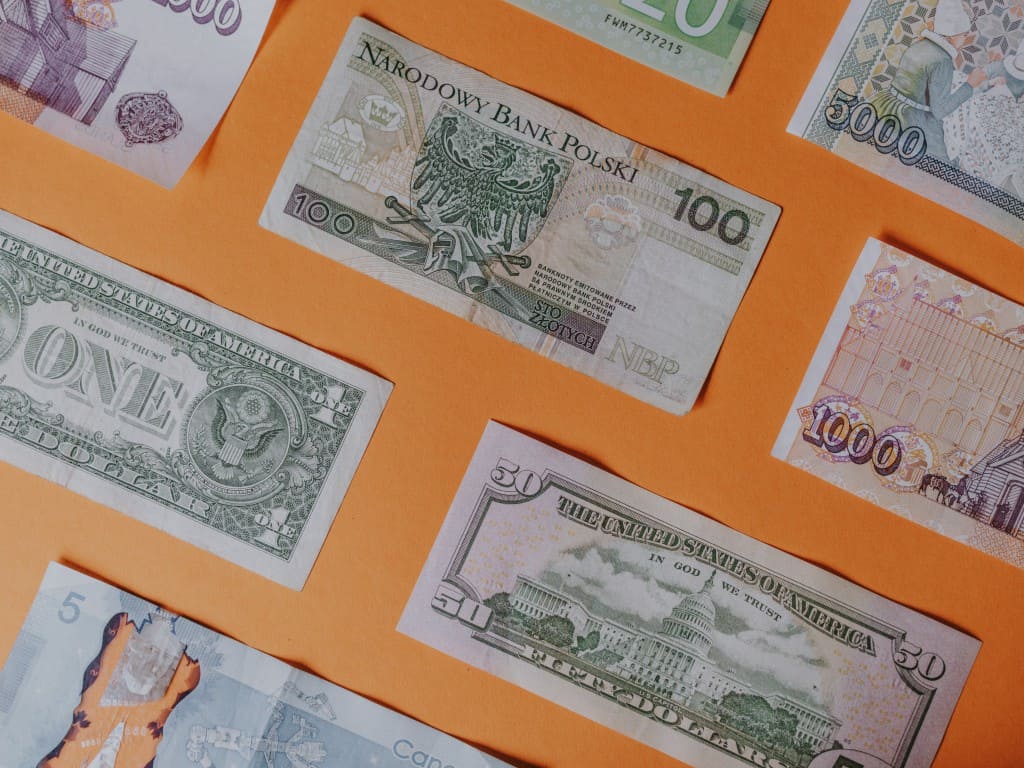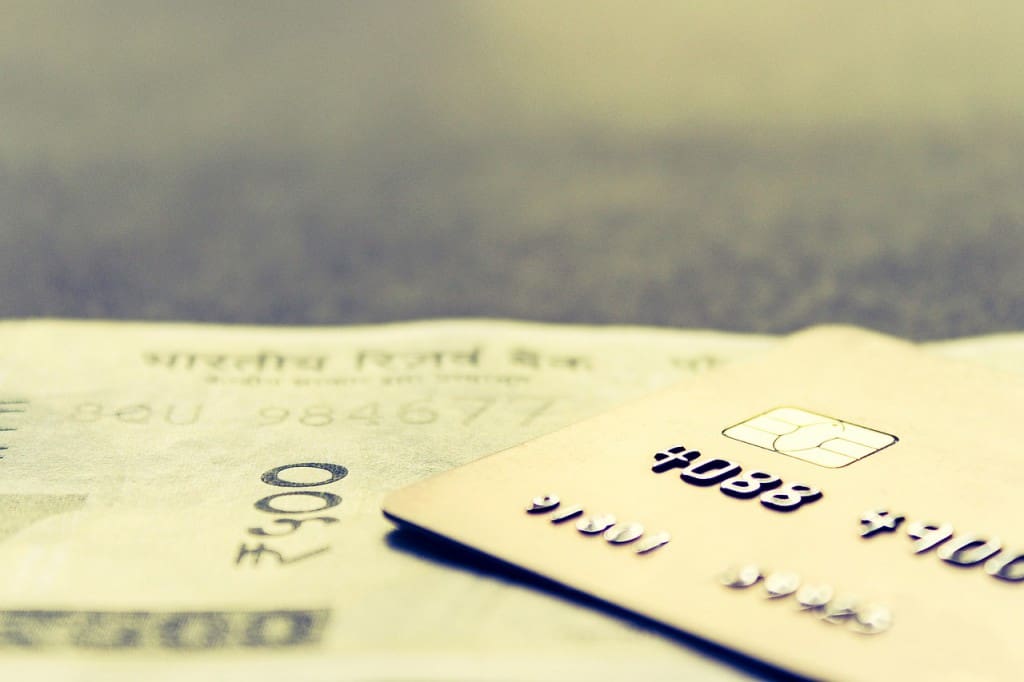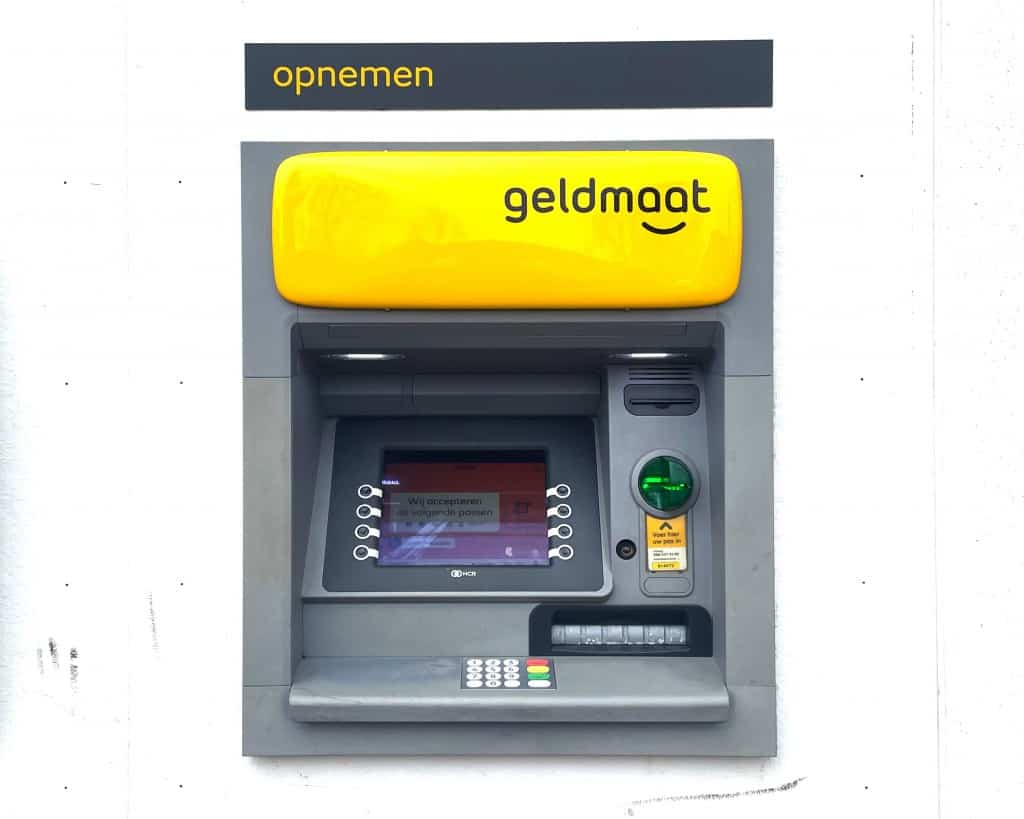It’s your shout. How do you pay for a round of drinks without getting soaked?
Using the right card abroad can save you a fortune in hidden fees.
When abroad, live by the following rules:
Don’t be tempted by airport currency exchange kiosks, which take advantage of eager travellers by charging rates up to 15% higher than the mid-market exchange rate, plus an exchange fee. Get cash from an ATM at your destination.
Opt to pay in the local currency. You will always get a better exchange rate.
Use a card designed for travel. Your trusty card at home may hide sneaky fees abroad. With exchange rate markups, ATM fees and spending fees (a per-purchase usage fee to spend your own money) that £5 souvenir fridge magnet could cost you up to £6.60.
Consider your spending needs before you travel. Think about how (and how much) you want to spend, and factor in a cushion for emergencies. If using a debit or prepaid travel card, factor in holds for hotels and vehicle rental.

Prepaid travel cards
Prepaid travel cards work like gift cards. They can help you stick to a budget and lock in a reasonable exchange rate. You can set up a prepaid card before your trip and reload on the fly. Because they’re linked to major banks, you can use them like a debit card, but with the added security of no direct connection to your personal account back home. More security: unlike lost or stolen cash, you can cancel the missing card from your mobile. As you pay the money up front, prepaid cards don’t require a credit check.
Watch out for
Since the amount on the card is finite, prepaid cards don’t work well for things that put a hold on your money. Holds from hotel reservations or car rentals can eat up a big chunk of your prepaid card and may not get released until after your stay. There may be limits for ATM withdrawals and reloading. Once home, getting the remaining balance back can be a hassle.

Prepaid travel card fees
There’s no such thing as a completely free prepaid card. Read the fine print carefully for exchange rates, reloading fees. Transaction fees at ATMs can add up, and charges can skyrocket at the weekend. Stuck with a few pounds worth of zloty on your card? You may have to pay a fee for not using it in a timely fashion. Check out the table on finder.com to compare options.
All debit cards are not the same
A debit card is a debit card, right? Wrong! Using your regular sterling-based card from your regular bank in the UK can end up costing a mint in poor exchange rates, transaction fees and ATM charges.
Check out first direct, Chase and Starling for UK debit cards with fee-free spending abroad. Find out more here.
All credit cards are not the same
A credit card is convenient for larger purchases abroad, hotel reservations, car rentals and emergency expenses. Where most credit cards fail is at the ATM, because they start charging interest on cash at the time of the transaction. Compare the interest rate, grace period, foreign transaction fee for purchases and the percentage charged for foreign cash withdrawals.
The takeaway
Read the fine print. Consider all of your holiday situations, including how much cash you’ll need. Have a back-up payment system for car rental, hotels, emergencies.
Different cards work in different countries. If travelling across a variety of regions or countries, make sure your card works in each region you plan to visit.









